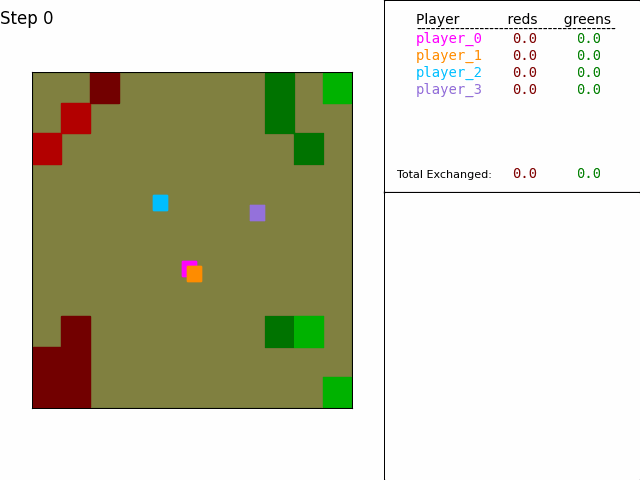Featured Projects:
- Fiction: Growth and Decay
- A robot tries to revive humanity.
- Jevo.jl
- A modular, high-performance framework for distributed deep neuroevolution
- emergent trade
- emergent trading between embodied agents using reinforcement learning
- jither
- Jack’s image dithering tool, runs locally. Built with web assembly.
- jarvis
- (jar)bus’s audio (vis)ualizer, runs locally. Built with webGPU.
- dtree
- a vim-inspired mind-mapping program written in C
Favorite Posts:
- The Penultimate Wave of AI
- Zen in the Art of Beat Saber
- Eloquence and Wit from Will Durant
- Originality in the Age of AI
- Unexpected Benefits of Testing Code
Contact me via:
- Email: jackgarbus at gmail
- Mastodon @jarbus@fosstodon.org
- Github: @jarbus

